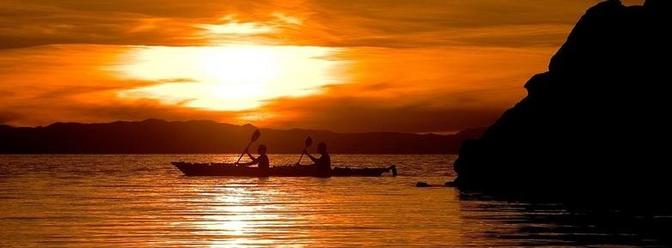At 1,050 metres above sea level in Malawi's central region, Lilongwe bridges traditional and modern Africa within its dual cityscape. The Old Town, characterised by bustling markets, small shops, and historic golf clubs, contrasts sharply with the organised structure of the New Town, a hub of embassies, government ministries, and modern infrastructure. Lilongwe's lush green spaces, particularly the Lilongwe Nature Sanctuary, provide an urban oasis that rehabilitates injured animals while promoting environmental education. The Kamuzu Mausoleum, built of marble and granite, is the final resting place of Malawi's first president, with pillars bearing his principles of unity, loyalty, obedience, and discipline. The Parliament Building, located near Capital Hill, houses the government's operations and is an example of modern Malawian architecture. Other sights worth seeing include a day trip to the Kumbali Cultural Centre, offering the opportunity to view traditional Malawian dancing and drumming, as well as an excursion to Chongoni Rock Art Area featuring one of the densest clusters of rock art in Central Africa.
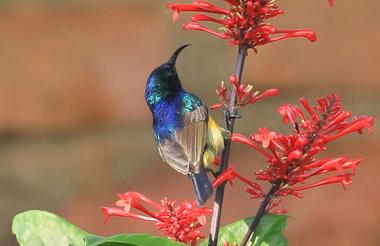


Bordering the Luangwa River, the northern and southern Luangwa National Parks contain some of the most breathtaking and untouched wilderness in Africa. As a result of this and the parks’ successful anti-poaching campaigns, the area has developed into a world-renowned wildlife haven. The South Luangwa National Park is renowned for its walking safari, which allows visitors to view elephant, hippo and even lion close-up under the supervision of professional and knowledgeable armed guides.
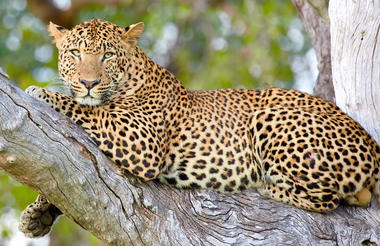
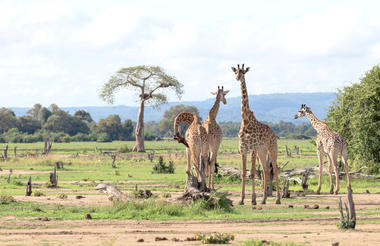
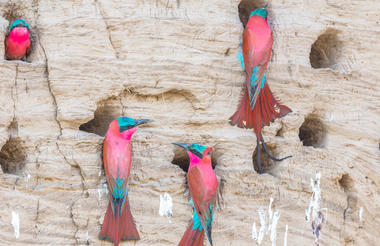
Located on the southern shore of Lake Malawi at the tip of the Nankumba Peninsula, Cape Maclear is a little resort town surrounded by mountains and set within Lake Malawi National Park. This town features an array of beachside bars and local restaurants in a spectacularly scenic setting of golden sand beaches lapped by dazzling turquoise water. Cape Maclear is a Robinson-Crusoe paradise, making it a sought after tourist destination. Kayak over to the nearby Thumbi island and spot the majestic fish eagle, sail across the lake and catch a picturesque African sunset, or scuba dive into the crystal-clear depths of the lake, which boasts some of the best freshwater diving in the world. Other popular activities include: bird watching, windsurfing, hiking, swimming or shopping in the local craft markets as well as island tours and guided village walks.
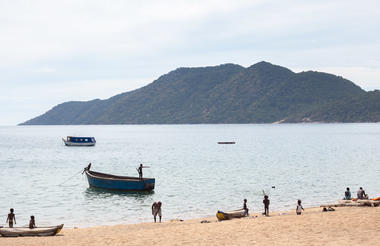
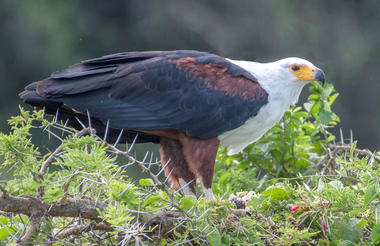
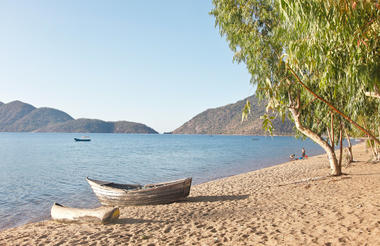
Mumbo Island is an ecotourist’s dream. Measuring just one square kilometre across, this remote islet is virtually uninhabited and covered with pristine miombo forests interspersed with ancient fig and baobab trees. It is surrounded by the calm, crystal clear waters of Lake Malawi, where you can swim and snorkel amidst schools of vividly coloured tropical fish. You may also encounter the island’s sole mammal inhabitant - playful and curious Spotted-necked Otters. The only resort on the island is built from sustainable natural materials that blend beautifully into the pristine surrounds.
